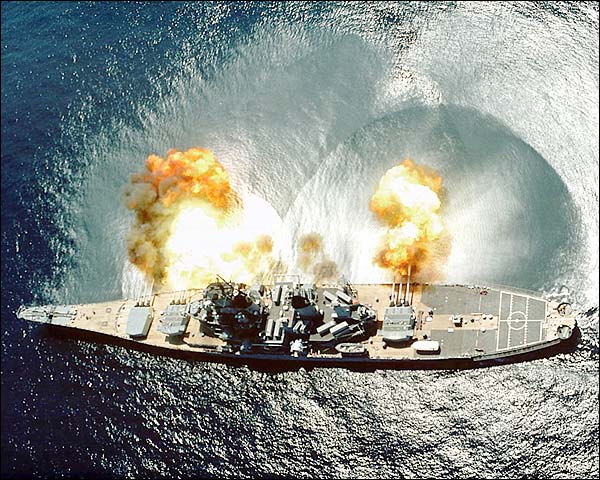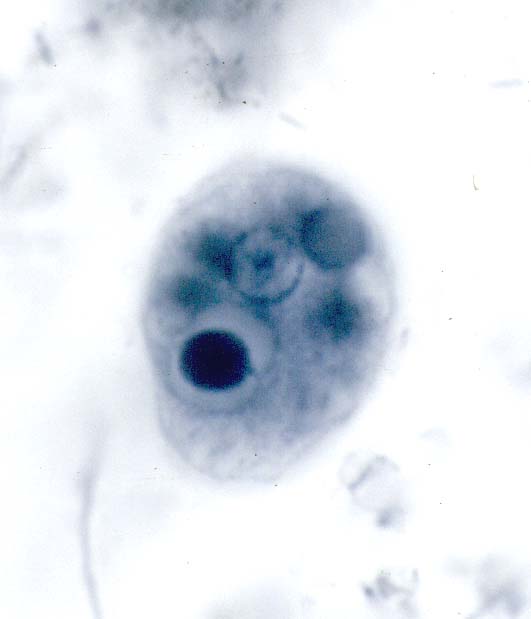To
The Defence Minister of India
New Delhi.
Dear Defence Minister,
This is a confession.
I think I’ve been slightly harsh
on the Indian defence industry. No, that’s too mild. I have been extremely harsh on the Indian defence
industry.
I’ve slandered the lobbyists
demanding a military-industrial complex, and I’ve been guilty of
underestimating the immense boost that a defence industry would bring to the
nation.
Let me, therefore, attempt a
corrective. Better late than never, as they say.
Of course, it’s difficult to
ignore the fact that the Indian defence industry isn’t actually geared up to
producing top-of-the-line equipment yet; but, at the same time, one agrees that
it needs to create something powerful and prestigious, pronto; something that
will force the world to sit up and take notice, and revive the Indian peoples’
pride in their armed forces. At the same time, the government of the day –
which means your government, Mr
Defence Minister – should be able to take just pride in its accomplishment, so
as to garner electoral gains. I mean, that’s only fair, isn’t it?
Now, what can a nation that hasn’t
managed to manufacture a working fighter plane, intermediate jet trainer, aircraft
carrier or tank after more than three decades of effort do that will make the
world sit up and take notice? Let’s see...yes! I’ve got it!
India should build a battleship.
You know battleships: those immense
mountains of floating steel, mounting turrets studded with gigantic artillery
pieces, which can send huge capsules of metal and explosive soaring over tens
of kilometres of ocean? You’ve heard of, say, the Bismarck or the Yamato,
the Prince of Wales or the Missouri? You have? Yes, those are the kind of battleships I
mean.
 |
| Yamato |
Now let’s look at all the benefits
building a battleship will bring.
First, of course, and most
eye-catching of all, is the sexiness
of battleships. I mean, just think of the name: battleship. As in, a ship meant for battle, and battle only. Who
could ever accuse a battleship of
pacifism? And who could ever call a government which launched a battleship of
being weak-kneed on defence? If anyone dared say any such thing, the government
would only have to point to the floating citadel with its turrets bristling
with guns, and say, STFU. Possibly you are unfamiliar with that acronym, so let
me translate, sir. It means Shut The Fuck Up. As in, shut your trap, traitor.
Talking about those guns I
mentioned, just look at them. They’re
so utterly phallic that they are an instant balm to the average Indian male
mind, which is, let’s say, insecure about its masculinity and kind of obsessed
over size. One good look at them and the collective masculinity of the nation
will receive, um, a boost. All you have to do is arrange plenty of photos of
those guns in the media. I’m sure they’d be happy to oblige.
 |
| I mean, just look at them |
Then, and we should remember this
well, there is the uniqueness of
battleships. Other countries have tanks. Other countries have fighter planes
and aircraft carriers. Even Pakistan has submarines. But nobody – nobody, sir – has battleships anymore. With
your battleship roaming the seaways, you can proclaim that India is the only possessor of this technology in the
world. Why, not even the Americans have it. If that doesn’t bring forth gasps of admiration from the public, your pet
media aren’t doing their jobs.
Can you imagine the photo ops a
battleship offers? Someone – it may be you,
sir – standing on the bridge of the craft, beside an admiral or two, gazing
sternly out at the ocean as those titanic guns blast out a broadside? Which political
enemy dare mess with you then? And which admiral dare claim the navy’s being
neglected? Why, you could even shell a coastal forest or two, and claim that
you were bombarding Maoists, like those who abducted those Italian tourists
recently. Who would do anything but praise you for your toughness and
ruthlessness?
 |
| Death to everyone |
Nobody.
And there are all the subsidiary
benefits. Constructing a battleship will provide so many jobs, directly and
indirectly – the dockyard workers and fitters to build it, the steel mills to
supply the steel, the two or three thousand sailors the behemoth will require
to maintain and operate it; can you imagine those grateful votes flooding your
way? And there are the other benefits, too; with all the forty or fifty
thousand tons of high-grade steel each battleship will require, you can justify
strip-mining the forests for iron ore and for coal to smelt it; you can justify
unleashing the army on the forest villagers, and lock up the environmentalists
and human rights activists; and you can
do it all in the name of national security.
Doesn’t that make you go weak in
the knees with anticipation, Mr Defence Minister?
So, here’s anticipating the launch
of the first ship, and please make sure it doesn’t sink on the spot.
That might be a little bit
embarrassing.
Yours helpfully
Bill the Butcher.






